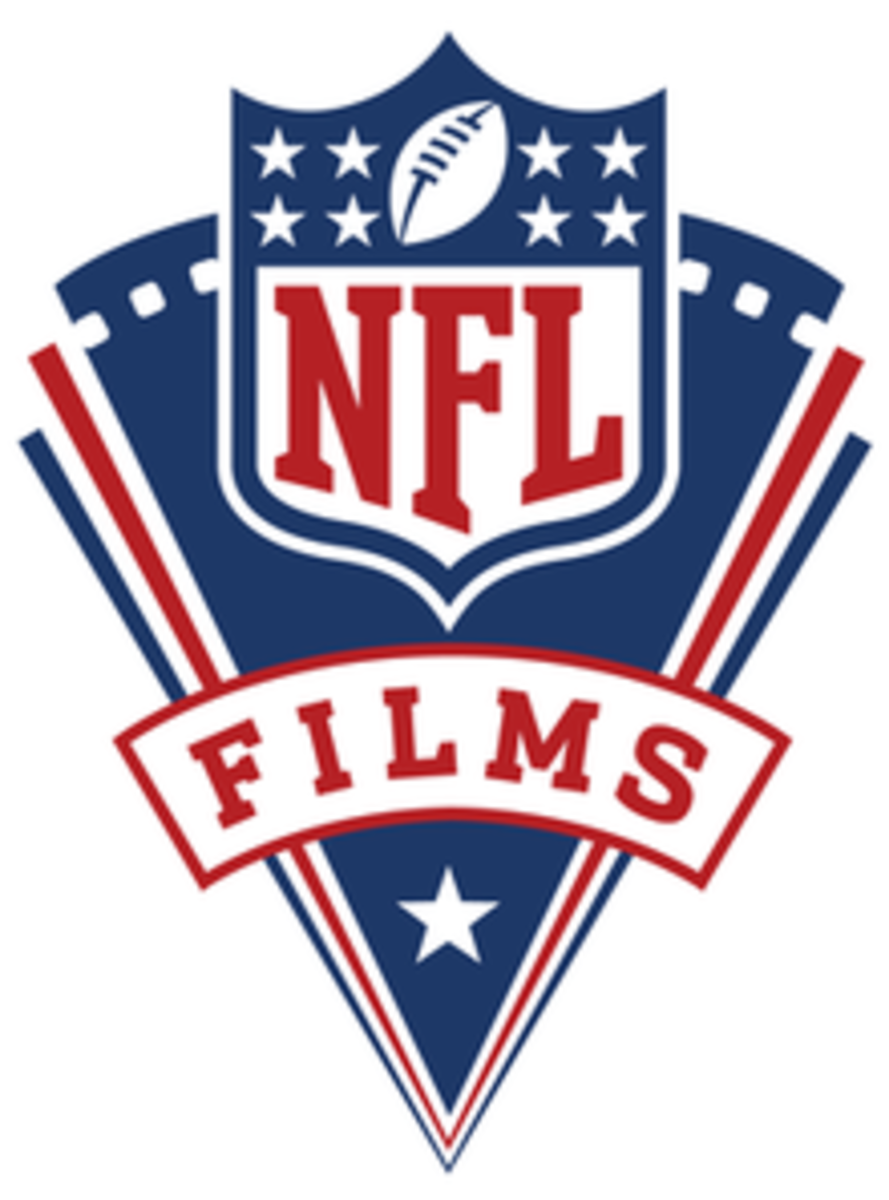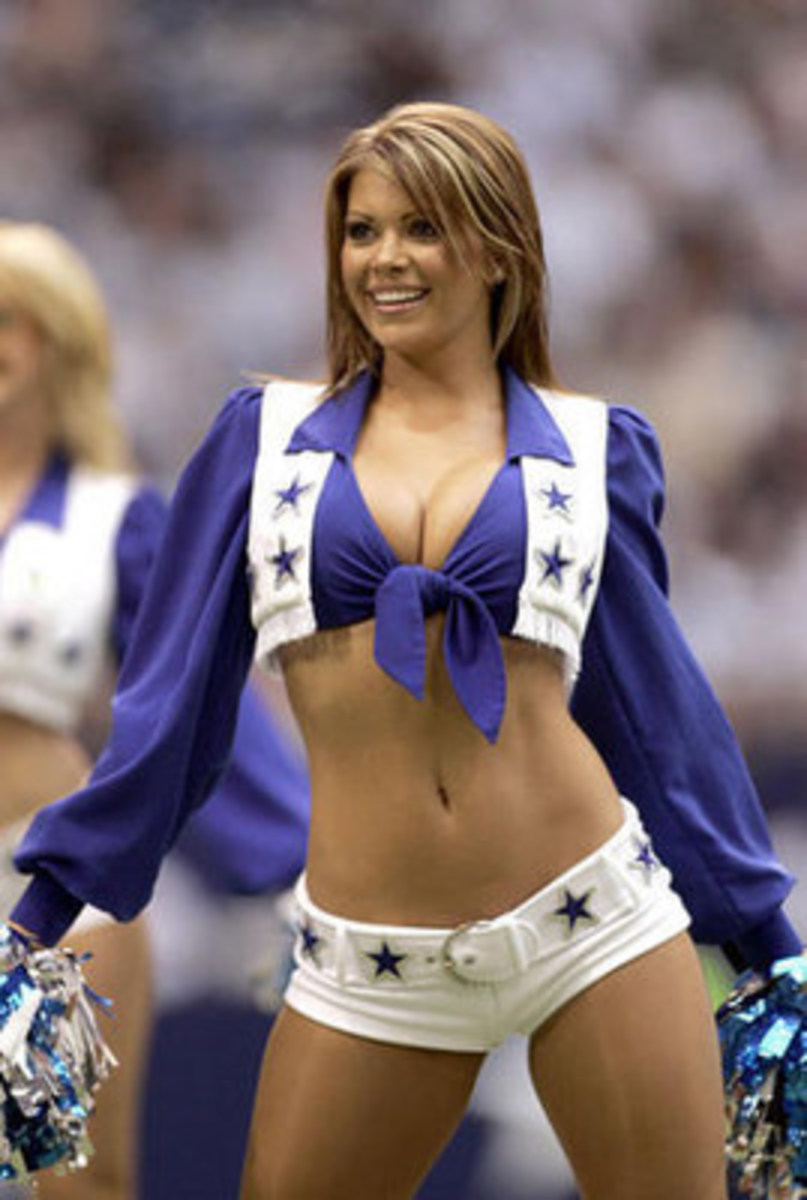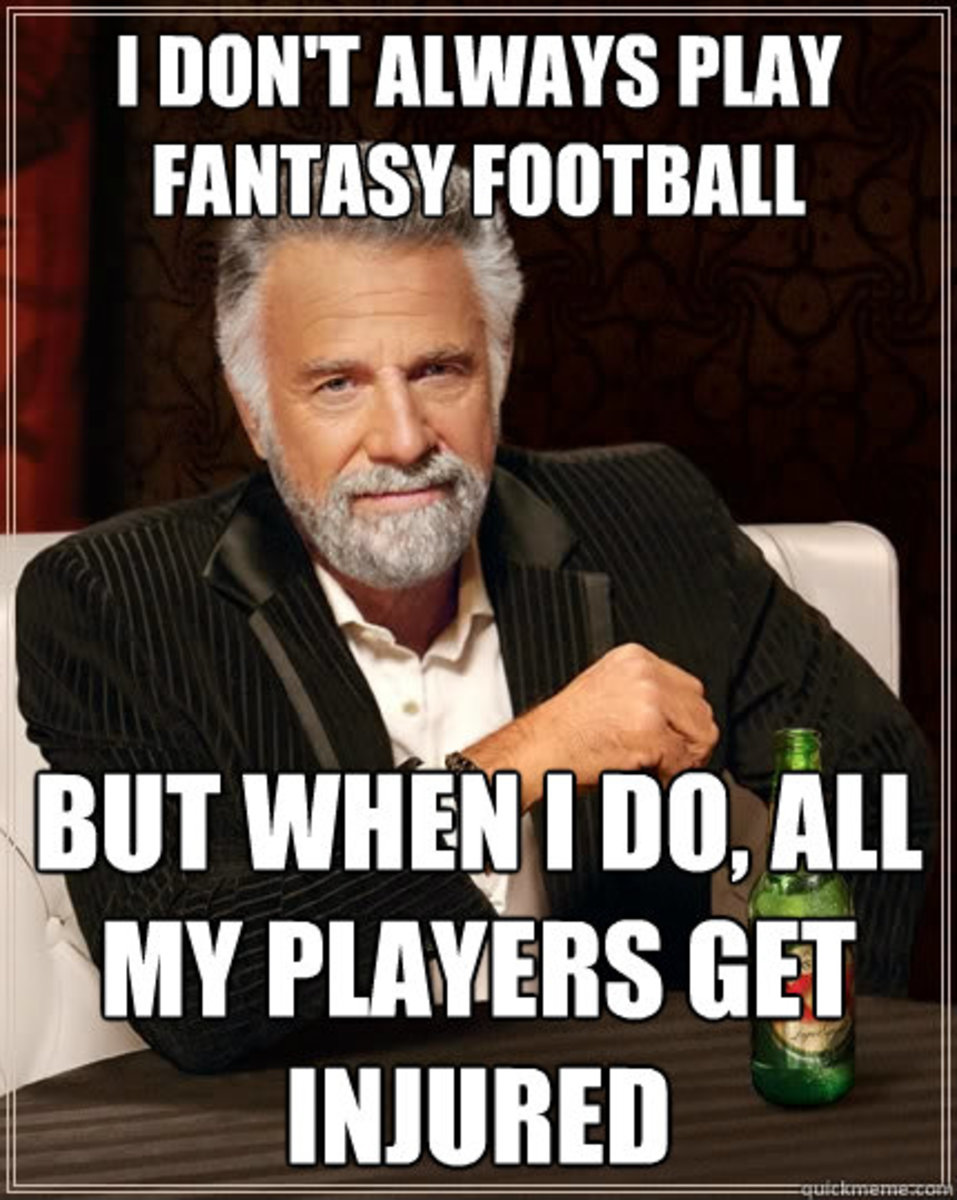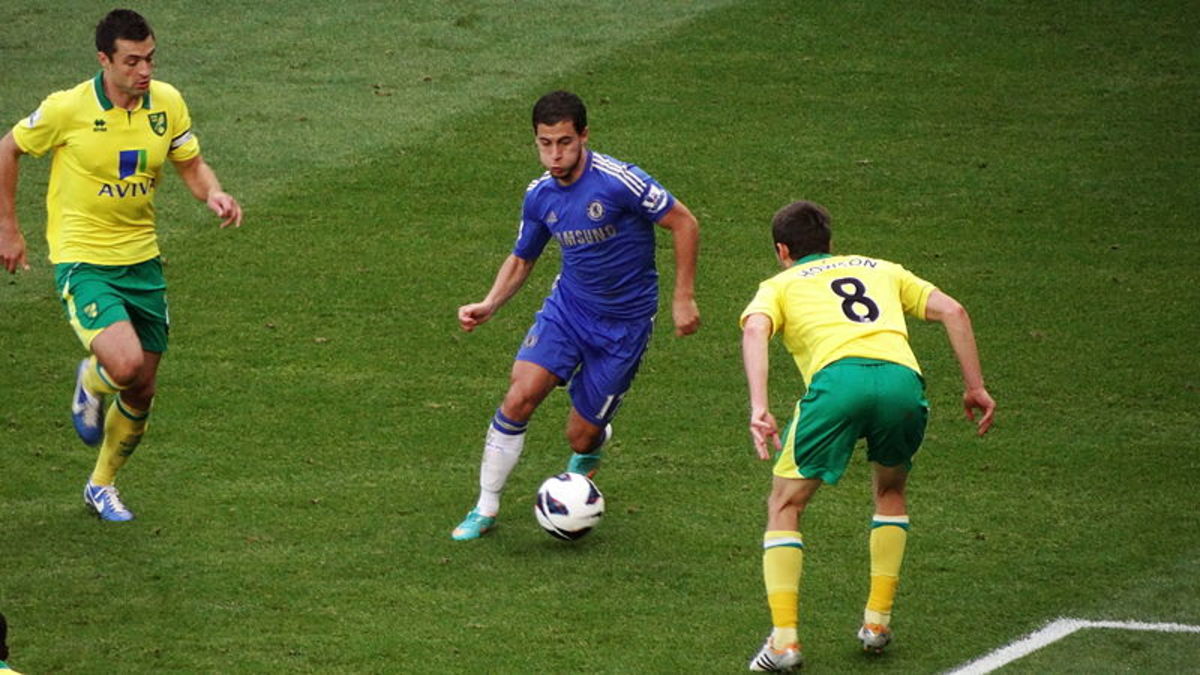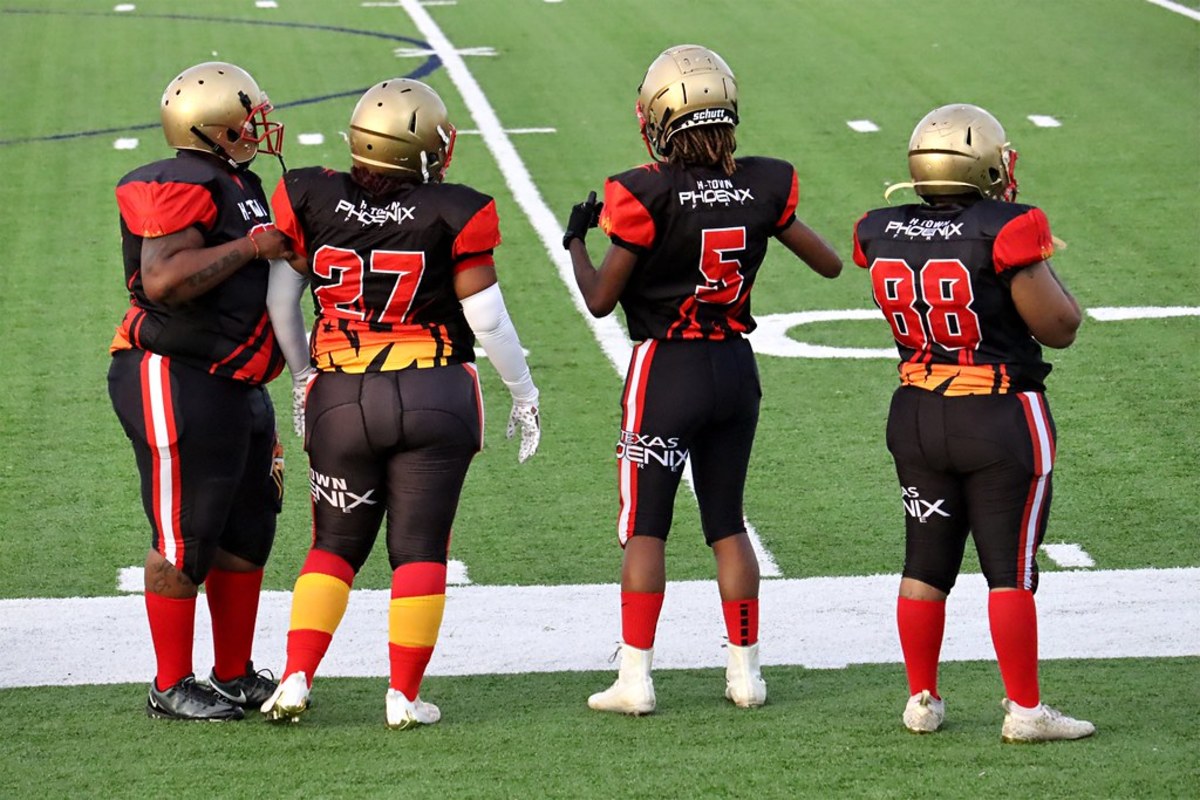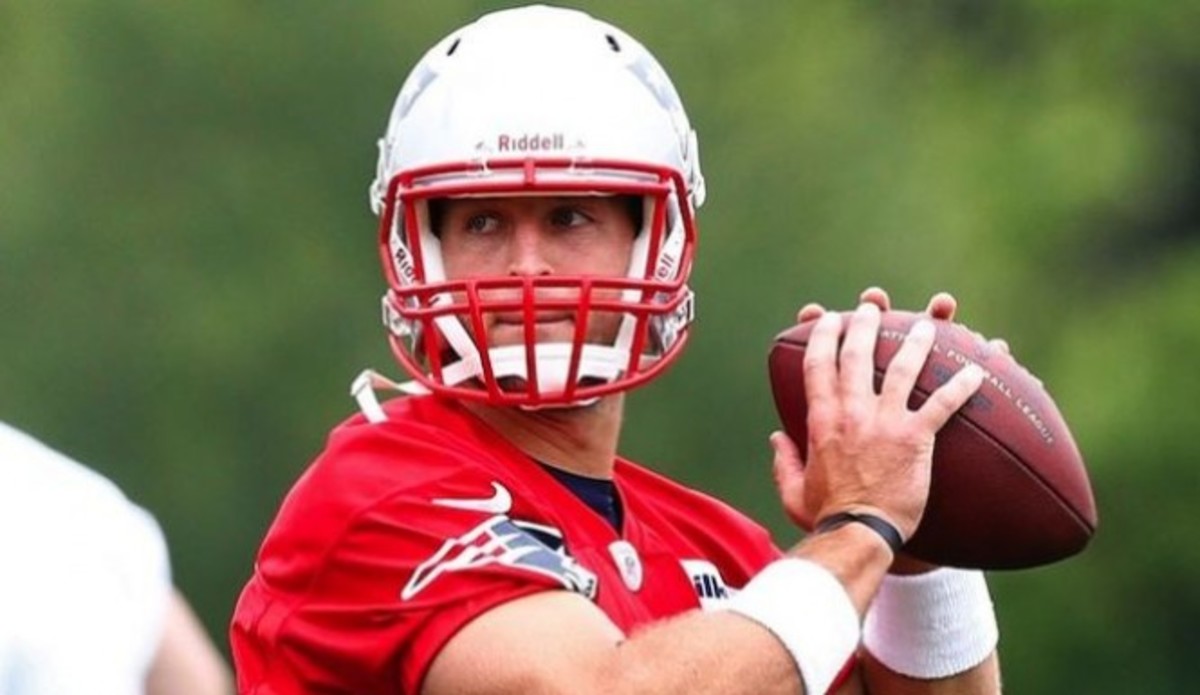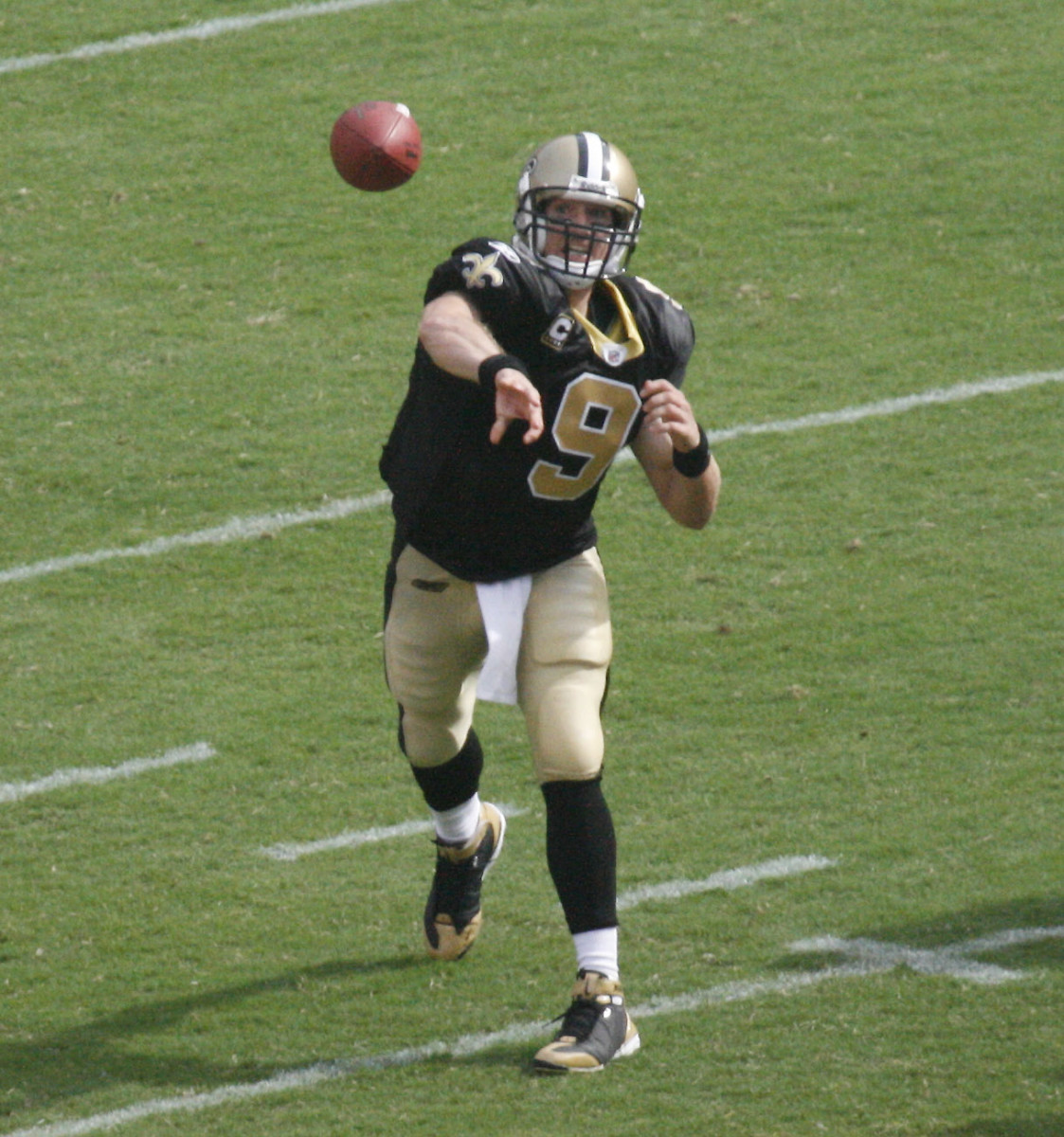- HubPages»
- Sports and Recreation»
- Team Sports»
- American Football
The Greatest Game Ever Played
The History of American Football
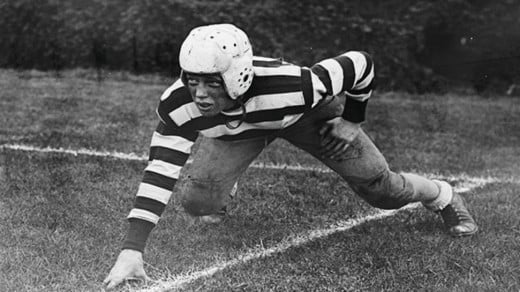
From Rugby to Football
One of the most significant events in American popular culture is the Super Bowl, generating billions of dollars in revenue to the National Football League hosting cities and programming networks. Quite possibly the most popular sport played in the United States, football has an interesting history. American football originated from rugby, a British game dating back to the nineteenth century. The basic game of rugby, which is very similar to football, involved the kicking of a ball to be run over a line.
Walter Camp, a graduate from Yale University, made changes to the game of rugby that included the line of scrimmage and down-distance rules.[1] As a result, Camp became the “Father of American Football.”[2] College football, beginning with a rivalry between Harvard and Yale rugby games, became the dominant sport in the United States.[3] College coaches, including Amos Alonzo Stagg and Glenn “Pop” Warner, made further developments to the game. One such development was the lift-up pass, which was a major difference between football and rugby.[4]
Bowl games eventually became a widespread tradition, attracting national audiences and fierce rivalries to this very day. Football became a professional sport by 1892, in which athletes were contracted to play for the Alleghany Athletic Association and Pittsburgh Athletic Club.[5] Professional football later became the National Football League, and the Super Bowl became the epitome of football bowl games.
Ivy League Rivalries
Walter Camp was essentially the inventor of American football, transplanting British rugby with American embellishment. Camp matriculated at Yale University in 1876, and played rugby there until he graduated in 1880.During his time playing rugby, Yale University and Harvard University had a strong rivalry. In addition, Princeton University and Columbia University were up-and-coming rugby teams. These Ivy League universities debated heavily on the applicable rules of rugby, testing the Rugby Union Code used in England. Aside from being a player on the Yale rugby team, Camp served as an active member of the intercollegiate football convention beginning in 1878.
While the game that was played at the time Camp started Yale in 1876 was technically English rugby, Camp’s motions to the intercollegiate football convention changed the game and became American football in 1880. The major changes to English rugby were the decrease of players from 15 to 11, a scrimmage line measured in inches for undisturbed possession, and a quarter-back to rush forward.[6] When the players were reduced in number from 15 to 11, the names changed accordingly to what is now known as the T-formation. The players at the end of the line were called “ends,” the player at the center was naturally called “center,” and those players to the right and left of the center were called “guards.”
While the scrimmage line was assumed to allow for rapid change of hands, it didn’t exactly work out that way. So, the “yards to go” rule was adopted: “"If on three consecutive fairs and downs a team shall not have advanced the ball five yards, nor lost ten, they must give up the ball to opponents at the spot of the fourth down.”[7] These changes altered English rugby so much, that it became American football; and, more changes were yet to come.
From College to Pro
Born in the colleges of the eastern United States in the 1880s, football became a rapidly growing sport in colleges throughout the country. Athletic associations eventually began playing football, particularly in the mid-west. By 1892, professional football was born. William “Pudge” Heffelfinger became the first professional football player, being paid $500 to play for Allegheny Athletic Association against Pittsburgh Athletic Club. Being well worth the money, Heffelfinger led Allegheny Athletic Association to a victory of 32-0 to Pittsburgh Athletic Club.
As a relatively new sport on a national level, the turnout crowd and bets for professional football games was a couple hundred. As it were, numbers would drastically increase. The first finale bowl was played in 1902, known as the Rose Bowl. By 1905, the football had become exceptionally dangerous to the players. Incumbent President of the United States Theodore Roosevelt threatened to ban the game all together if it didn’t “clean up its act.”
As a result, rule changes were introduced. One such rule was the forward pass, in addition to tightening the scrimmage line at the snap. Further, receivers were permitted to catch the ball anywhere in the field during play. By 1920, professional football became a centralized national league called the American Professional Football Association. Two years later, the centralized league transformed into the now familiar National Football League.
National Football League
As the game expanded, the next significant development was the American Football League in 1960. This allowed for the inauguration of the Super Bowl in 1967, contesting the champions of the National Football League and the American Football League. The National Football League eventually outmaneuvered the American Football League, resulting in the American Football Conference and National Football Conference battling for the Super Bowl title of the National Football League.
Obtaining a ticket for the Super Bowl is a difficult task, especially for one who is not a fan of the two teams playing. Some fans have generational tickets, in which a father would book a possible Super Bowl ticket and pass it down to his son if his team did not make it to the Super Bowl. This is possibly the reason why the Super Bowl is the most watched program on television, which guarantees family viewing.[8]
Consequently, advertisements made during the Super Bowl network programming generate billions of dollars to CBS, Fox, and NBC.[9] Not surprisingly, it is the most betted of sporting events. Modern day betting has expanded so drastically, that enthusiasts can bet on the winning team, player statistics, yards played, and a plethora of other instances.[10] By far, the Super Bowl is now the most popular sporting event in the United States.
Works Cited
[1] The Professional Football Researchers Association, “Camp and His Followers: American Football 1876-1889,” The Journey to Camp: The Origins of American Football to 1889 (retrieved January 26, 2010), 3.
[2] The Professional Football Researchers Association, “Camp and His Followers: American Football 1876-1889,” 4.
[3] The Professional Football Researchers Association, 1-2.
[4] The Professional Football Researchers Association, 4.
[5] Pro Football Hall of Fame, “History: Birth of Pro Football" (retrieved July 10, 2010).
[6] The Professional Football Researchers Association, 3.
[7] The Professional Football Researchers Association, 4.
[8] Pro Football Hall of Fame, “History: Birth of Pro Football.”
[9] Forbes, “The Most Valuable Super Bowls" (accessed February 2, 2014).
[10] Pro Football Hall of Fame, “History: Birth of Pro Football.”
© 2014 Marilyn Prado

